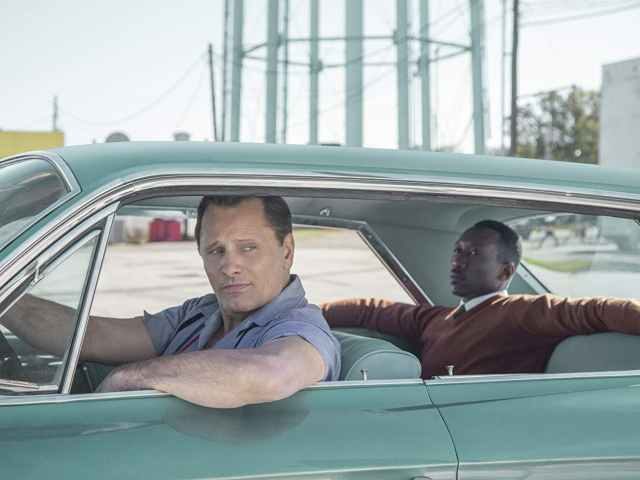Students and staff at the University of Minnesota have taken offense over the school’s decision to host film producer and alumnus Jim Burke as its 2019 commencement speaker, alleging that his film Green Book does not properly portray race issues. “It’s a feel-good, happy film that suggests, ‘Hey, racism is over in an era of [President] Donald Trump,” said one faculty member.
University of Minnesota alumnus Jim Burke is expected to speak at the school’s commencement ceremony on May 19, but some students and staff have been critical of the decision, as they feel that Burke’s Oscar-winning film Green Book does not adequately portray race issues, according to The Minnesota Daily.
Green Book, which won last month’s Oscar for “Best Picture,” is about an Italian-American bouncer from The Bronx, who is hired to be both the bodyguard and driver for a black pianist seeking to travel through the Deep South during the Jim Crow era, in which the decisions made by Democrat state and local legislatures dominated the region.
And despite their differences, the Italian-American bouncer, Frank Vallelonga, and the world-class pianist, Doctor Don Shirley, develop an unexpected friendship while dealing with racism together on their travels. Not everyone, however, is pleased with the film.
“It’s taking us back to a period in American racial history and racial conflict in the Civil Rights Movement that we kind of look back on and say, ‘Oh, we’ve come so far,'” said film studies coordinator Graeme Stout, “It’s always about white salvation.”
Stout added that he was not surprised to see the film win best picture, claiming that “it’s a feel-good, happy film that suggests, ‘Hey, racism is over in an era of [President] Donald Trump.”
Cultural Studies and Comparative Literature instructor Brad Stiffler echoed Stout’s sentiments, claiming that the film’s characters were set in the past as a tactic to make viewers believe that the United States has seen progress since the 1960’s with regards to race issues.
The instructor also expressed his frustration over how the film allegedly suggested that interpersonal relationships can be antidotes for racism, adding that he also takes issue with the way in which many films supposedly simplify racial problems by portraying them as individual prejudices that can be overcome.
“It’s something that this film especially seems to fall in that trap of reducing the complexity and the seriousness of race and race relations in the U.S. to this sort of caricatured idea of ‘can these two people be friends or not?'” said Stiffler.
Students have also expressed their displeasure with Burke’s film.
“Green Book is a white savior film,” said student Becca Mayo, “It allows and encourages a state of cognitive dissonance for white audiences between their perceived sense of self and racism.”
While the student takes note of Shirley seeking protection from Vallelonga in the film, she neglects to mention the mutual give and take between the two characters, and the many ways in which the Italian-American is helped by the black pianist, who employed Vallelonga while he was out of work, taught him how to carry himself with more finesse, and how to better communicate with his wife.
Another student, Kylee Mattson, had also taken issue with the producer being chosen as commencement speaker, but instead, expressed her concerns over another one of Burke’s films, entitled, The Descendants, as it had been set in Hawaii, but reportedly did not star any native Hawaiians.
“I hope [Burke] sees the diverse graduating class our school has and tries to incorporate that diversity into future movies,” said Mattson.
You can follow Alana Mastrangelo on Twitter at @ARmastrangelo and on Instagram.

COMMENTS
Please let us know if you're having issues with commenting.